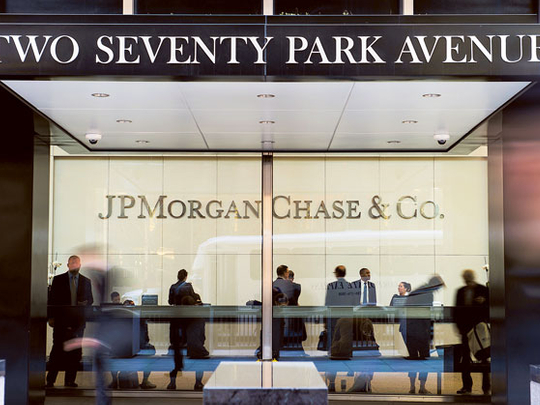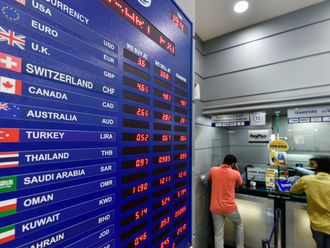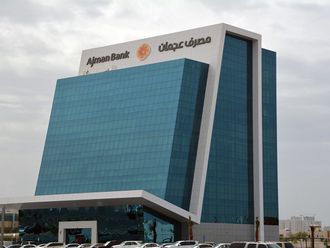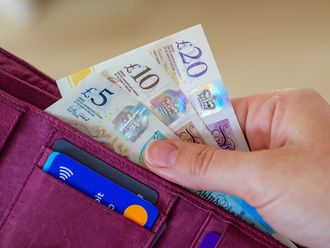
London: Five banks at the heart of the forex rate rigging probe are preparing to claw back millions of dollars in bonuses from traders as the City seeks to shore up its reputation in the wake of the latest scandal to hit the banking industry.
This would be the first time that banks have applied this draconian measure on such a large scale. Under European rules, they have the power to take this step, but in practice they have largely restricted themselves to withholding as yet unpaid bonuses.
This week’s move, however, by the UK, the US and Swiss regulators to fine six banks $4.3 billion for their role in the global foreign exchange scandal has reignited calls for the sector to take tougher action against wrongdoers.
Royal Bank of Scotland, Citigroup, HSBC, JPMorgan Chase and UBS, five of the banks fined this week, are all looking at taking back bonuses from dozens of traders — although people familiar with their thinking say the plans are subject to internal reviews of the individuals’ conduct.
RBS is considering going even further by reducing this year’s overall bonus pool for the whole investment bank. Such a move would echo RBS’s stance last year after the Libor rate-rigging scandal, when the state-owned bank reduced its incentive pool by £300m after paying a £390m penalty to UK and US regulators.
The forex scandal revealed that groups calling themselves “the players”, “the three musketeers” and “a cooperative” tried to rig key currency benchmarks including at least one provided by central banks, according to the UK’s Financial Conduct Authority.
The misconduct continued until October 2013, months into the launch of the FCA’s probe and more than a year after the first settlement over Libor — the London interbank offered rate — which led to $6 billion of fines.
Martin Wheatley, the chief executive of the FCA, one of the regulators which imposed the forex penalties, is likely to welcome these moves. He said after this week’s settlement that firms should review their bonus plans and claw back payments already made.
The FCA and the Prudential Regulation Authority, the Bank of England’s financial regulatory arm, have to approve bonus plans for bankers based in the UK. Senior officials have made clear that misconduct should affect the award of incentives.
RBS has already suspended the vesting of bonuses for 19 traders as a precaution.
A UBS spokesman said: “Naturally, where we find acts of wrongdoing, our policy to claw back and not pay out will come into effect.” The other banks declined to comment.
JPMorgan was one of the only known examples of a bank using such clawback powers when it demanded back trader bonuses in the wake of its multibillion “London Whale” trading loss in 2012.
Other penalties could be looming for forex traders involved in the scandal. The UK’s Serious Fraud Office and the US Department of Justice have also launched criminal probes against individuals.
George Osborne, the chancellor, pledged on Friday to provide the SFO with all the funding it needs to make its own inquiries into the forex scandal. In a letter to the Attorney General, he said the Treasury would provide any extra cash needed for the probe.
The SFO asked last month for GBP26.5m worth of “blockbuster funding” to cover the additional costs of other cases, including into alleged Libor-rigging, alleged overseas corruption by Rolls-Royce, Barclays’ arrangements with Qatar, and costs related to a damages claim by the Tchenguiz brothers.
The Treasury has not turned down previous requests for blockbuster funding.
— Financial Times












